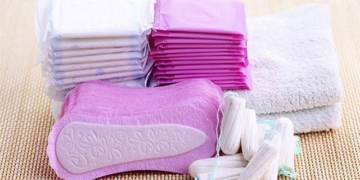In addition to plastic wrap, there is one thing we should absolutely avoid using to package food due to its toxicity, which can lead to many dangerous illnesses.
For a long time, using newspaper to wrap food has been a common sight in daily life. From bread rolls and buns to sticky rice, hastily wrapped in newspaper, these have become a familiar breakfast for many people. This habit, which seems economical and convenient, is silently causing various potential diseases, seriously affecting health.
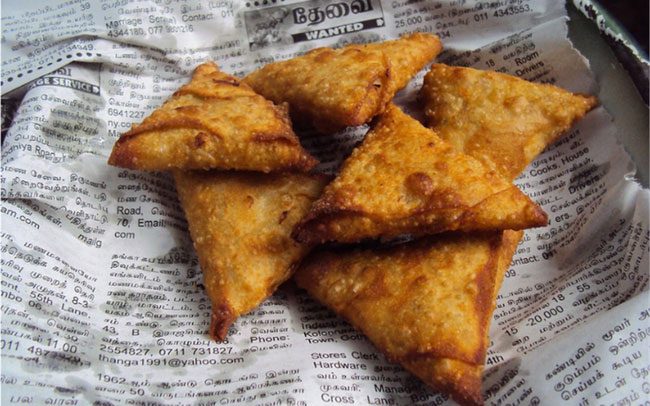
Wrapping food in newspaper is truly dangerous and affects health. (Illustrative photo)
Using Newspaper to Wrap Food is as Harmful as Plastic Wrap
Despite being highly toxic, it is easy to encounter vendors selling sticky rice, bread, or fried foods (like sweet potato cakes, fried dough…) using newspapers and printed paper to wrap food for customers in densely populated areas such as neighborhoods, markets, bus stations, and train stations.
Using these types of recycled paper helps save costs compared to buying packaging boxes. Therefore, old newspapers and printed paper are often used to wrap food, even hot, greasy dishes. Very few people consider the impact of these materials on health.
Recently, the Food Safety and Standards Authority of India (FSSAI) issued a warning against using newspapers for serving, packaging, and storing food. According to them, the ink used in newspapers may contain harmful dyes and additives. Using this paper could lead to food contamination with metal impurities and toxic chemicals.
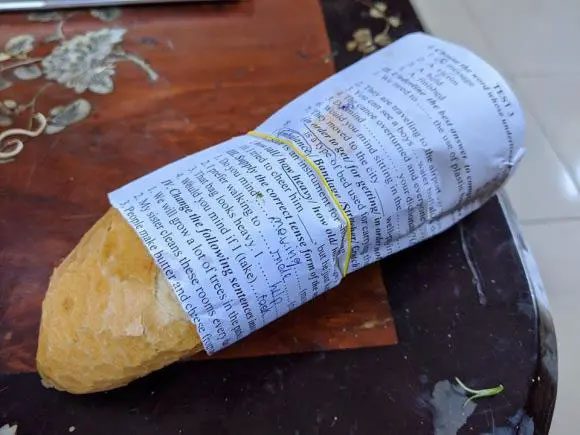
Many people are unknowingly introducing diseases into their bodies because of this habit. (Illustrative photo).
“The act of wrapping food in newspapers is not good for consumers’ health, especially harmful if the food is already cooked,” FSSAI warns.
Specifically, the ink used for printing newspapers and books, whether in color or black and white, contains lead compounds, which pose a high health risk. When newspapers are used to wrap food, the ink can seep into the food. When absorbed into the body, these substances can be toxic to the central nervous system, liver, blood, bone, and reproductive system in both males and females.
The ink contains lead (Pb), a toxic substance that can easily cause genetic mutations in cells and affect the body’s hereditary processes. Lead is also toxic to the nervous system, reproductive system, and various internal organs such as the liver, kidneys, brain, and blood…
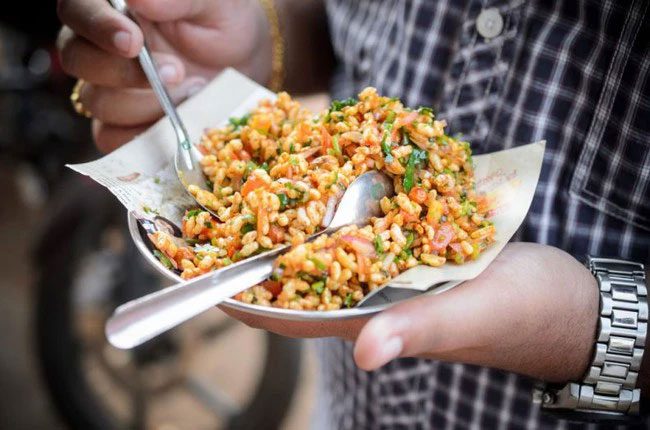
We need to stop the habit of using newspapers to wrap food to protect our health. (Illustrative photo).
Even more dangerously, lead toxins do not dissolve in water or oxidize, so once they enter the body, they are absorbed and stored by tissues such as fat, brain, liver… making them very difficult to eliminate. If a person’s body contains about 0.5 – 2mg of this toxin, symptoms of poisoning may appear, such as swollen eyelids, sweaty palms, and nausea…
FSSAI warns that the elderly, teenagers, children, and those with organ-related or immune system diseases are at high risk of developing cancer if they frequently consume food packaged in newspapers.
Moreover, newspapers or printed paper used to wrap or line food are often old newspapers. This type of paper goes through many printing and transportation processes, passing through many hands, and thus becomes contaminated with bacteria. The absorbent nature of paper allows bacteria to easily hide on its surface, causing them to cling to food and lead to illness in those who consume it.
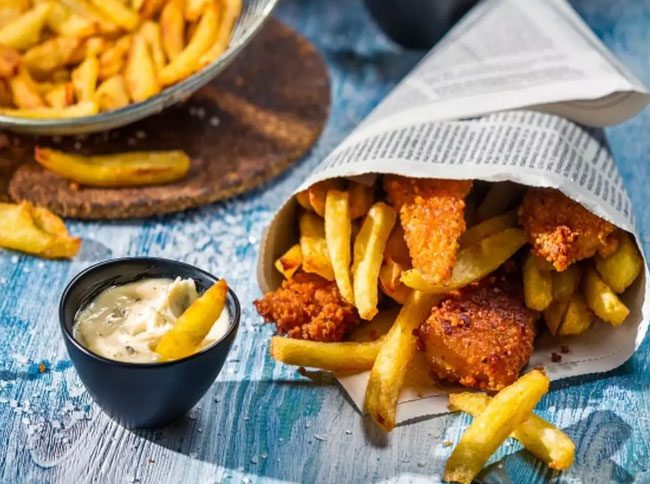
Though convenient, this habit can greatly affect the health of the whole family. (Illustrative photo).
What Can Replace Using Newspaper for Wrapping Food?
The answer is yes. To ensure the health of your family, you should prioritize using some types of leaves from readily available plants to wrap food. These are safe and environmentally friendly, such as banana leaves, dong leaves, coconut leaves, and lotus leaves, which contain phenolic compounds that inhibit bacteria and are easily biodegradable in soil.
These leaves are extremely clean, possess a distinct fragrance, have a soft, smooth texture, and are less likely to collect dust and retain moisture. Therefore, you only need to wash and wipe them clean before using them to wrap food safely.
Additionally, when shopping, if you encounter vendors using newspapers for packaging, absolutely refuse or ask them to switch to another form of wrapping. If possible, bring high-quality plastic containers, glass containers, or small bags from home to carry the food you buy.



















































